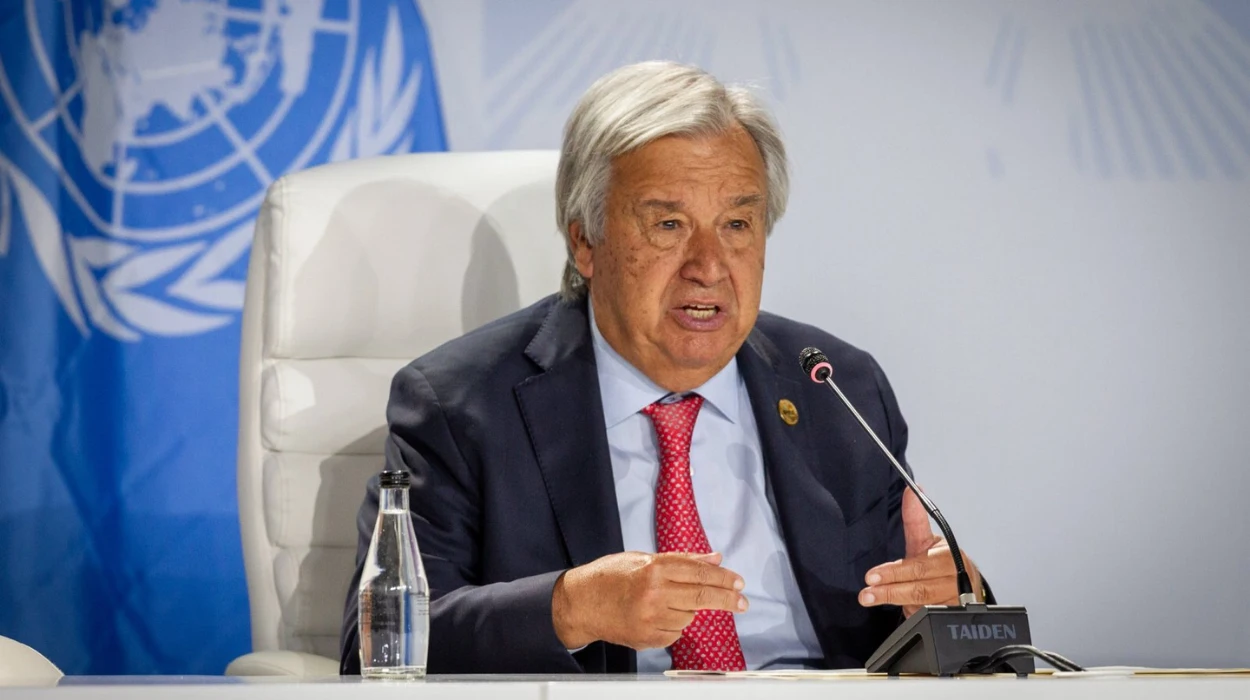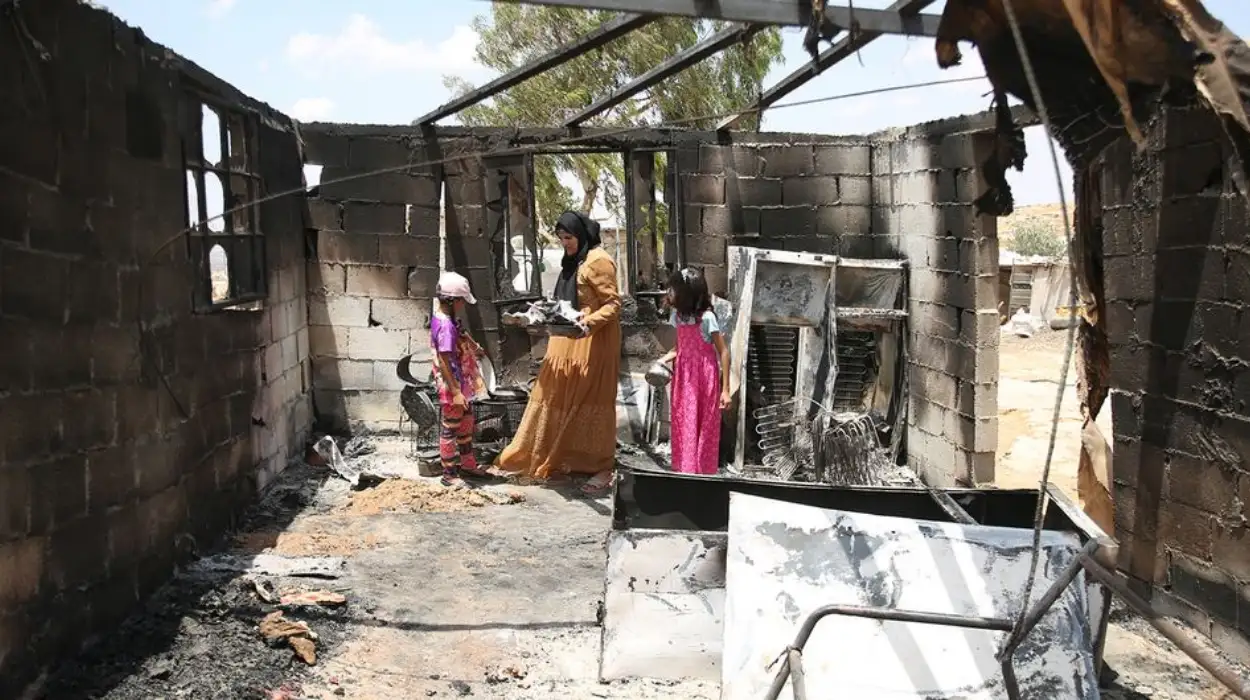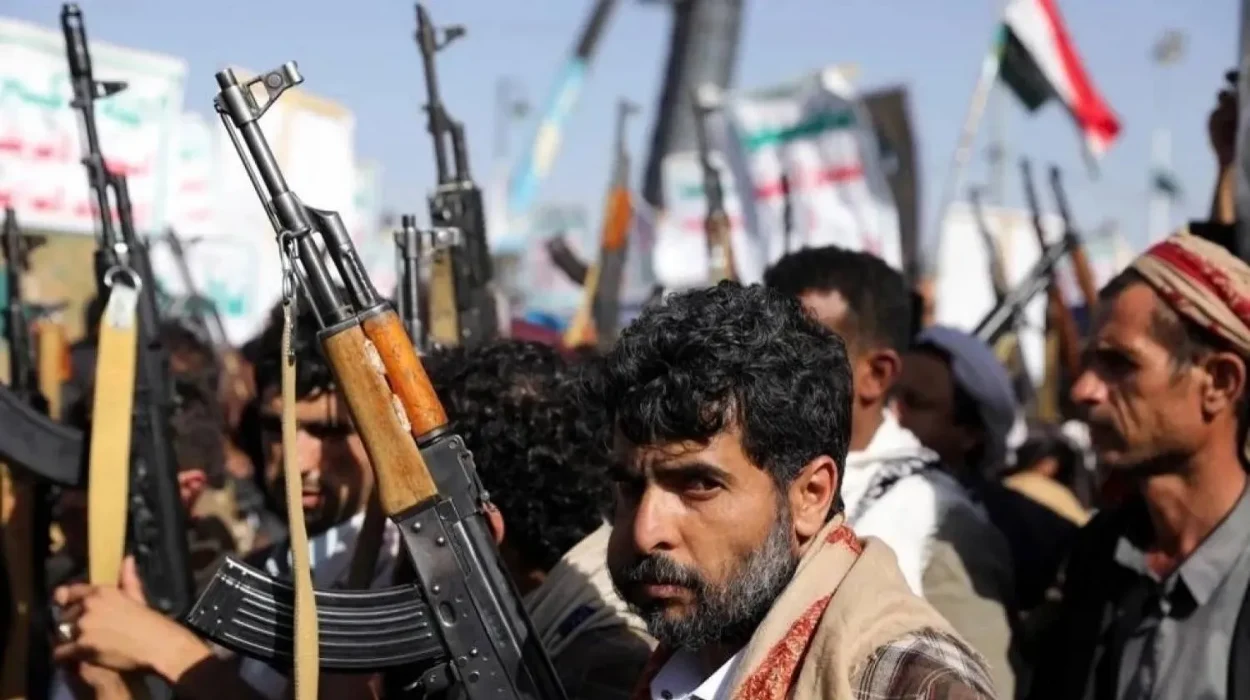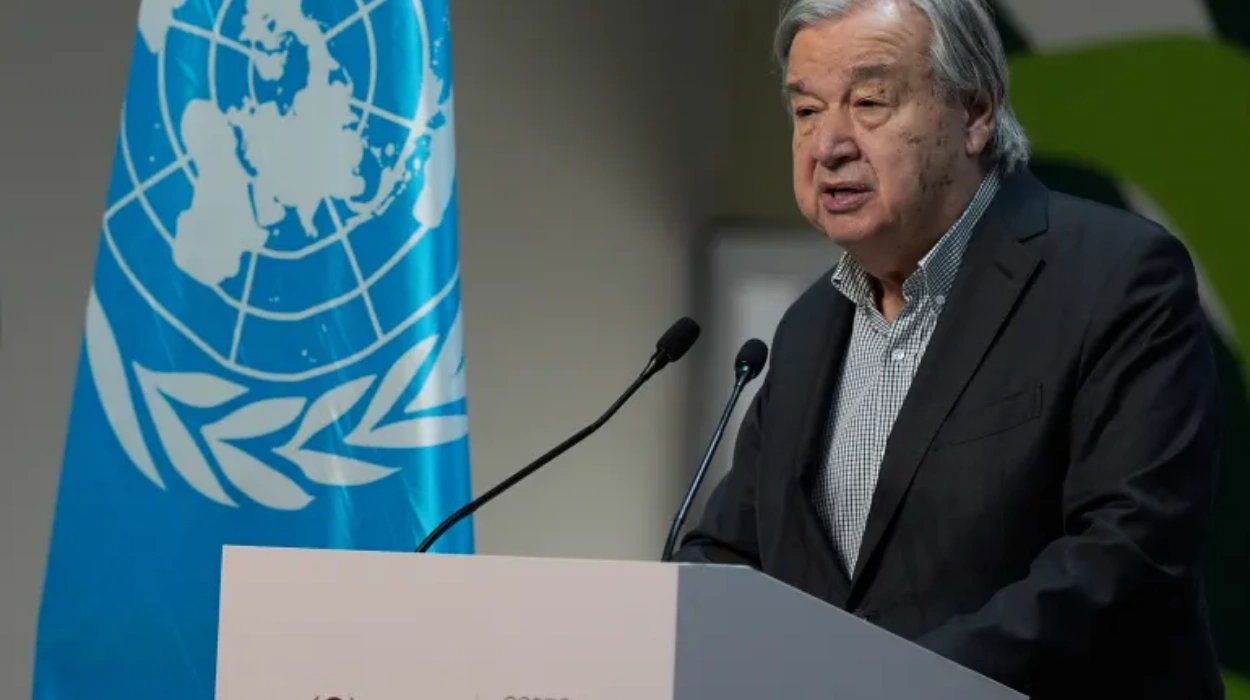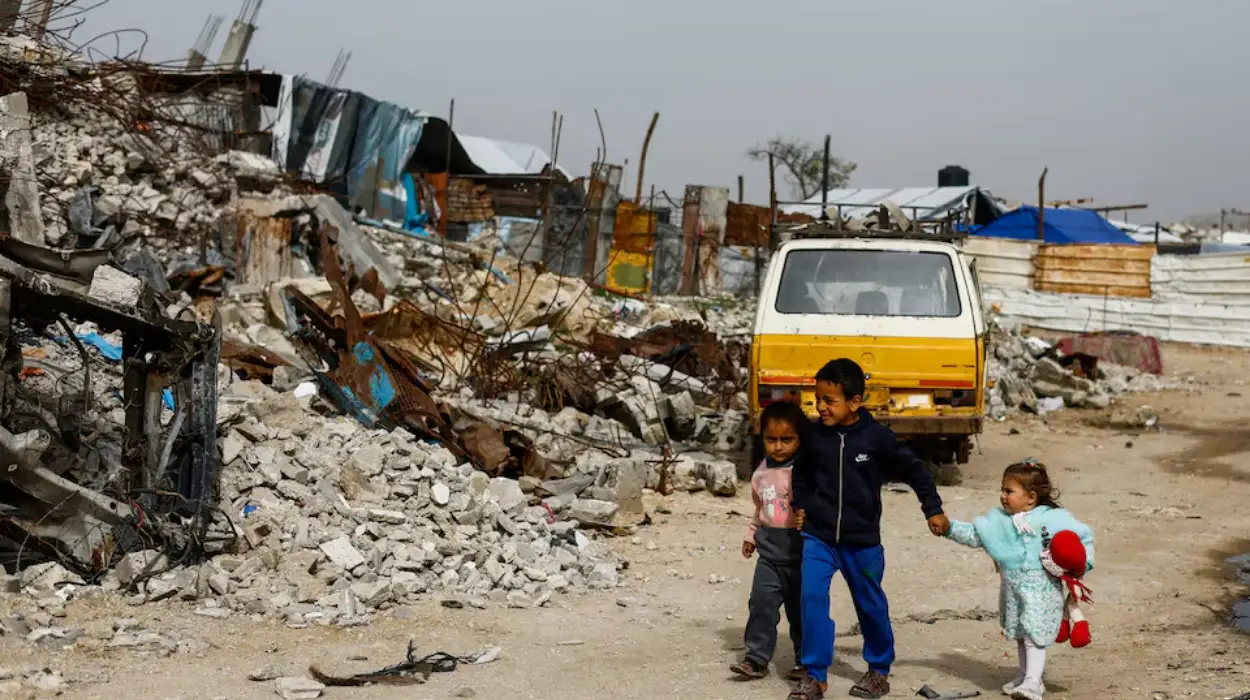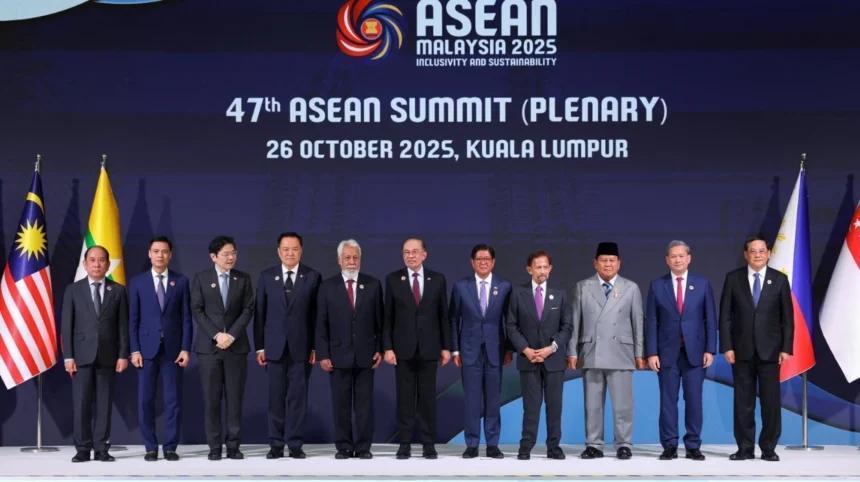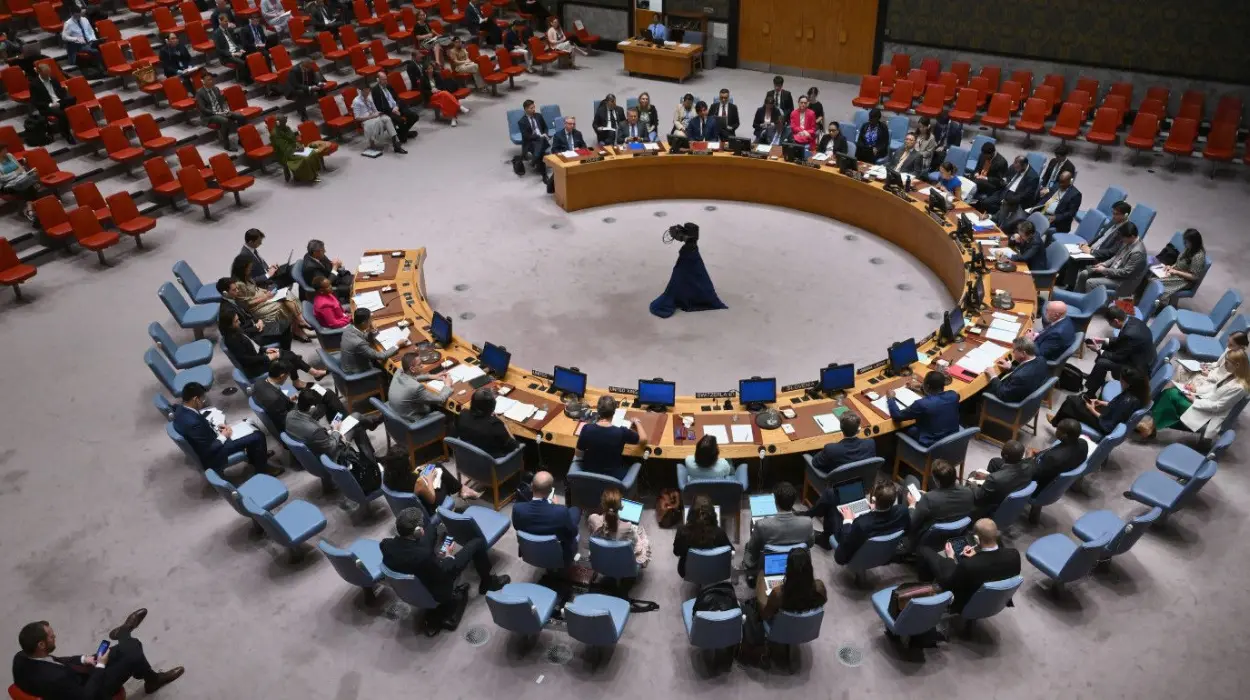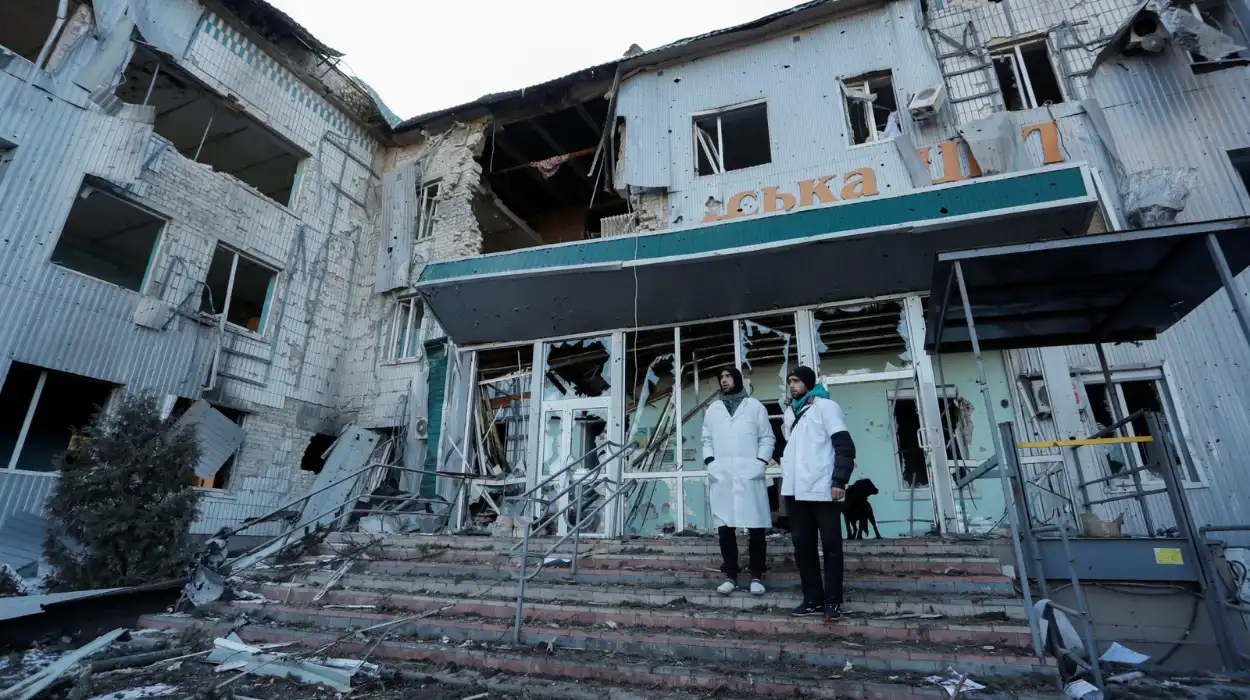The 15th ASEAN-United Nations Summit in Kuala Lumpur in October 2025 highlighted the new energy in the relationship of Southeast Asia to the UN in terms of common challenges in the world. In a time of geopolitics being divisive, and global economic dissolution from globalization, the summit illustrated ways in which ASEAN has started to shape up as an organization whose drivers allow it to both stabilize the Penanggulangan COVID-19 on Non-Member Countries 413 region and play in the world. Timor- Leste also established its open membership by admitting East Timor as the 11th country and bolstered the ambition of its role as a strategic actor in the Indo-Pacific.
The Summit’s centerpiece was the endorsement of the ASEAN-UN Plan of Action (2026-2030), which provides a framework for a more integrated and broad-based cooperation in and around peace, governance, climate and digital transformation.
This is resonant with ASEAN 2045: Our Shared Future, which is primarily concerned with sustainable development and resilience amidst global disruption. Being praising ASEAN as a positive source of cooperation in a fractured world, UN Secretary-General Antonio Guterres referred to the organization’s efforts in conflict mediation, and provided numerous examples of ASEAN’s contributions of over 4,500 peacekeepers around the world.
The tone of the summit was very aware that the world order was going through a period of rediscovery. To both ASEAN and the UN, the need to enhance cooperation is also a strategic need and a reassertion of the shared responsibility in the preservation of world order.
Multilateralism as a foundation for peace and stability
The talks at the summit revealed multilateralism as one of the key pillars of regional stability. The ASEAN leaders and the officials of the UN restated the significance of collective diplomacy and international law as a tool to control conflicts. The summit in question specifically discussed the South China Sea issues focusing on the principles of restraint, dialogue, and freedom of navigation that have long been practiced in the frameworks of the ASEAN Charter and UNCLOS.
The active participation in ASEAN peace architecture by Malaysia in maintaining mediation in regional disputes in Cambodia and Thailand was praised as an example of proactive diplomacy. These initiatives strengthen the role of the ASEAN as a regional interlocutor who can avert the occurrence of local conflicts into regional confrontations.
The Myanmar crisis and the test of multilateral resolve
The Myanmar humanitarian crisis took up most of the security agenda of the summit. Guterres again condemned continuing violence and displacement, which is in line with the Five-Point Consensus of ASEAN which demands the end of hostilities and an inclusive dialogue. The importance of regional ownership in solving internal crises with cross-border impacts is highlighted by the fact that the UN facilitated ASEAN mediation.
Nevertheless, there has been little improvement and both sides admitted that continued interaction and humanitarian aid will still be crucial in averting further destabilization. It was also in the discussions that the general challenge of preserving unity among the members of the ASEAN community dealing with crises put the principles of the bloc of non-interference and consensus-building to the test.
Advancing sustainable development and digital transformation
One of the major portions of the summit was the necessity to restructure the world financial systems to have closer representation of the emerging economies. Guterres noted that the combined GDP of the ASEAN had currently reached over 4.5 trillion which was enough to warrant more influence in the global decision making forums. The call was echoed by the member states that demanded equal access to climate finance and investment in digital infrastructure.
Through diversified trade and sustainable growth, the ASEAN-UN Plan of Action (2026-2030) focuses on ensuring an economy that is resilient so that it is not reliant on external financial cycles. It also helps in improved collaboration with the World Bank and the International Monetary Fund with the emphasis on equitable credit access and debt sustainability of the developing economies in the region.
Digital transformation and innovation partnerships
Digitalization was also a central part of the 2025 summit agenda, which indicates the ASEAN desire to transform itself into an international powerhouse in terms of technological advancement. It has been stated that collaborative efforts would be made to enhance cybersecurity, advance ethics of artificial intelligence, and enhance digital trade connectivity as per ASEAN Digital Masterplan 2025.
The fact that the UN supports such initiatives shows that the ASEAN model of technology governance can be relevant all over the world. As the rate of AI adoption in different fields keeps rising, both sides settled on structures that respect human rights, protect privacy, and inclusivity in online economies. The alliance illuminates how the digital transformation of Southeast Asia can be used as an example to develop regions that balance between innovation and regulation.
Economic integration and trade amid great power competition
During the sidelines of the ASEAN-UN Summit, the ASEAN member states and China signed a new version of ASEAN-China Free Trade Area (ACFTA) 3.0. This update, which includes digitalization of trade and supply chain coordination, is based on a bilateral trade of over 785 billion in the year 2025, which is a 9.6 percent growth per annum. The agreement demonstrates the practical nature of ASEAN in regard to economic integration against the backdrop of increased global competition in the trade arena.
ASEAN has been able to show its strategic centrality in global value chains by strengthening trade links with China and keeping a free-flowing dialogue with its Western partners. This balancing will boost the economic stability of the region, despite the competition of the major powers over the Indo-Pacific.
U.S. participation and shifting diplomatic signals
The engagement of the past U.S. President Donald Trump in the 2025 summit also proved to be much noticed as it was a sign of the re-entry of Washington into the world of ASEAN after many years of strategic ambivalence. The tactical change of Trump into economic diplomacy was his reversal of his earlier tariff policies in ASEAN goods.
Some leaders considered the gesture as an indication of overall U.S. policies to overpower China, which was increasing its economic power in the region. In the case of ASEAN, the balancing act between openness and autonomy should be taken with care because it highlights its identity as a bloc, an independent region.
ASEAN’s evolving role in global governance
The Kuala Lumpur summit affirmed the image of ASEAN being a stabilising force in the turbulent global politics. The bloc working with the United Nations illustrates the way in which regional structures can be used to supplement the global structure of tackling intricate transnational challenges such as climate change to cybersecurity.
The joint venture is also indicative of a strategy realization: that multilateralism needs to transform itself to be viable in a multipolar world. Now both ASEAN and the UN have the challenge to transform summit commitments into tangible improvement in key areas including renewable energy transition, disaster risk reduction and digital inclusion.
The membership growth of ASEAN, its milestones in trade integration, and the region in terms of peace mediation all can be used as examples of a region that is becoming more strategically independent without giving up multilateral interaction. Such flexibility makes ASEAN a foundation of a more distributed and collaborative international system.
A multipolar world and the test of collective leadership
The ASEAN-UN Summit 2025 has also come like a timely wake-up call that multilateralism is here to stay even as the power dynamics in the world go through changes. The summit’s outcomes are suggestive of a purposeful effort to promote collaboration instead of competition, and national interests are in alignment with the world’s interests.
However, the real success will depend on follow-through: implementing the 2026–2030 Plan of Action, dealing with regional flashpoints, and creating inclusiveness on the economic and digital development trajectory. The Kuala Lumpur meeting was more than just a moment of diplomatic signaling; it demonstrated ASEAN was willing to lead through consensus in a world in which fracturing is constantly present.
As the multipolar order continues to reshape relations, a lingering question remains: can ASEAN and the UN redefine models of global governance for an era of unity in diversity? The answer to this may determine the extent to which multilateralism can adapt to the complicated realities of the 21st century.


